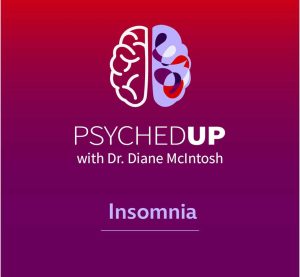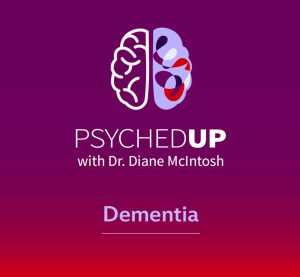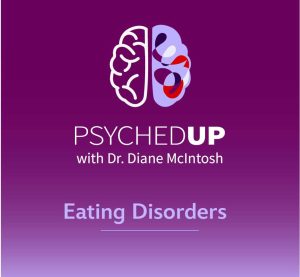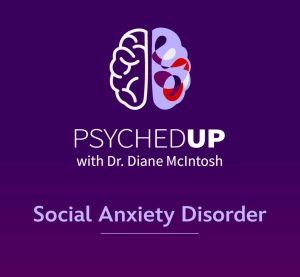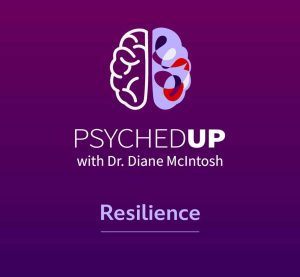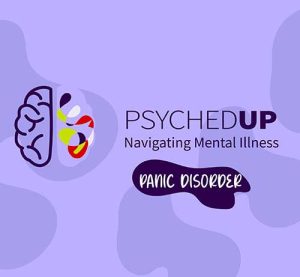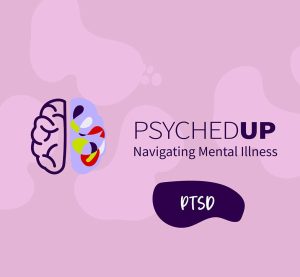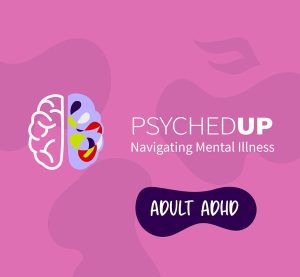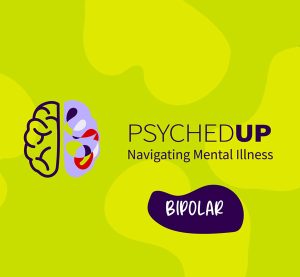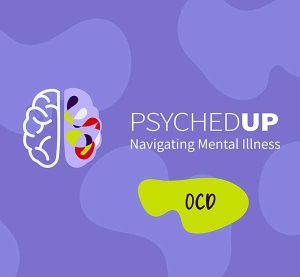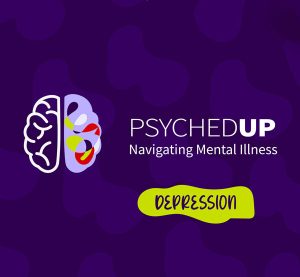
Resilience
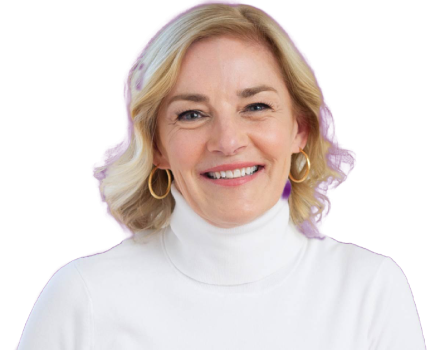
This is Resilience, featuring Gill Deacon

In this episode, Dr. Diane McIntosh explores the science of resilience: what it really means, how it protects against depression and anxiety, and most importantly how you can build it.
Broadcaster and author Gill Deacon shares her powerful personal story, showing how resilience can help us navigate even the toughest challenges.
Then, psychologist Dr. Randy Mackoff provides practical strategies anyone can use to strengthen resilience and face life’s challenges with courage.
Listen, rate + share Resilience on your favourite podcast platform:
Thinking of suicide or worried about someone you know? Call or text 9-8-8, toll-free, anytime, for support.
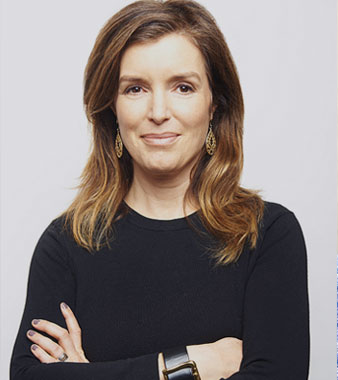
PODCAST GUEST
Gill Deacon
Broadcaster, author, speaker
Award-winning broadcaster and bestselling author Gillian Deacon spent over 10 years hosting Here & Now, Toronto’s afternoon drive show on CBC Radio One, and is a regular guest host on CBC Radio’s arts program Q. She currently hosts the podcast A Love Affair with the Unknown.
Gill is the author of national bestsellers There’s Lead in Your Lipstick (2011), Green For Life (2008), and the memoir Naked Imperfection (2014). Her forthcoming book, A Love Affair With The Unknown (House of Anansi, 2026), explores leaning into uncertainty.
Gill’s television work includes hosting CBC’s The Gill Deacon Show and co-hosting Discovery Channel programs, earning a New York Film & Television Gold Medal and a Canadian Screen Award nomination. She lives in Toronto with her husband and three sons.

PODCAST GUEST
Dr. Randy Mackoff, PhD
Registered psychologist
Dr. Randy Mackoff is a registered psychologist in British Columbia. He has a private clinical practice where he provides psychological treatment for a wide range of issues, including but not limited to depression, anxiety, PTSD, coping with psychosis, and marital therapy. He is a retired Professor in the Criminology Department at Douglas College and a past Chairperson of the Criminology Department. He is a Clinical Associate in the Clinical Psychology Department at Simon Fraser University, providing clinical supervision to graduate students. He currently consults with law enforcement agencies in Crisis Negotiations, Undercover Operations, Witness Protection, Psychological Support for witnesses, Source Suitability, Major Crimes, Recruiting, and Human Resources. He is a designated Vancouver Police Department Psychologist and represents them at the Major Cities Chiefs Association Psychology meetings. He is the Co-Chair of the Psychology Committee for the Canadian Association of Chiefs of Police (CACP).
More About Resilience

Resilience is the ability to adapt and grow in the face of life’s inevitable challenges. It is not about avoiding pain or distress but finding ways to cope, recover, and emerge stronger from difficult experiences. Resilience is not built in a single moment; it develops over time as we learn strategies to manage stress, lean on our strengths, and adopt new skills. The good news is that resilience is not fixed; anyone can strengthen it. By building resilience, we not only navigate hardships more effectively but also protect our mental health, reducing the risk of anxiety and depression. In short, resilience is more than surviving adversity; it is learning to thrive through it.
Resilience doesn’t come from avoiding challenges, but from how we adapt to them. Resilience grows when we set realistic expectations, embrace change as inevitable, and focus on what is within our control. A key part of resilience is reframing setbacks as opportunities to learn and grow, and treating ourselves with compassion rather than harsh self-criticism. Strong relationships, a sense of purpose, and healthy self-care practices also strengthen our ability to recover from stress. And while resilience looks different for everyone, it is always a process of progress rather than perfection, an ongoing pursuit of balance, strength, and growth.
- Set realistic expectations: avoid frustration by aligning goals with reality, while still challenging yourself.
- Embrace change: accept that life constantly evolves and look for opportunities within it.
- Focus on what you can control: your thoughts, actions, and responses, not other people or circumstances.
- Practice positive self-talk: replace harsh inner criticism with compassion and encouragement.
- Find meaning in daily life: even small actions can bring purpose and strengthen connection.
- Reframe obstacles as opportunities: challenges can drive growth, resilience, and performance.
Episode Highlights
4:54
Gill Deacon shares her diagnosis.
10:40
Gill Deacon on her long COVID journey
12:12
Expert insights with Dr. Randy Mackoff and Dr. Diane McIntosh
28:03
Shifting perspective: Gill Deacon on choosing where to place attention; pain and fatigue vs. gratitude and joy
Key quotes from the episode
"While we can't control all of the crazy things that life throws at us, we can control how we deal with them, if we have built our resilience."
3:20
“The only human being on Earth you can control is you.” 16:45
“…control is a big part of resilience…there has to be acceptance that we don’t have control over a lot of things. And sometimes people mistakenly think that acceptance means giving up. It’s quite the contrary. Acceptance means that you’re staying involved because you’re saying, I have acceptance that I can’t control this but now I can focus on some of the things where I do feel empowered, where I do feel that I can have some control.” 18:03
Other PSYCHEDUP Episodes
Season 2
Season 1
Related Posts on Resilience
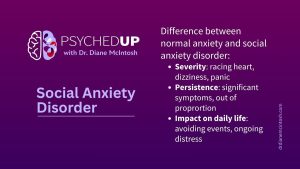
When Does Anxiety Become a Disorder?
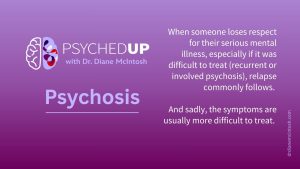
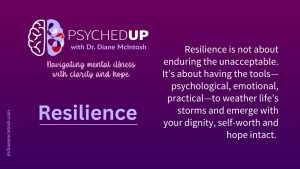
What Resilience Really Means and What It Doesn’t
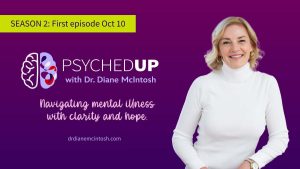
Feedback on the Podcast?

Psychiatric Guidance for Optimal Patient Care
Founded by Dr. Diane McIntosh, RAPIDS Health provides timely, effective clinical decision support for mental health diagnosis and treatment. Whether you’re a clinician or someone seeking help, we offer evidence-based, personalized treatment guidance tailored to each individual’s needs.


